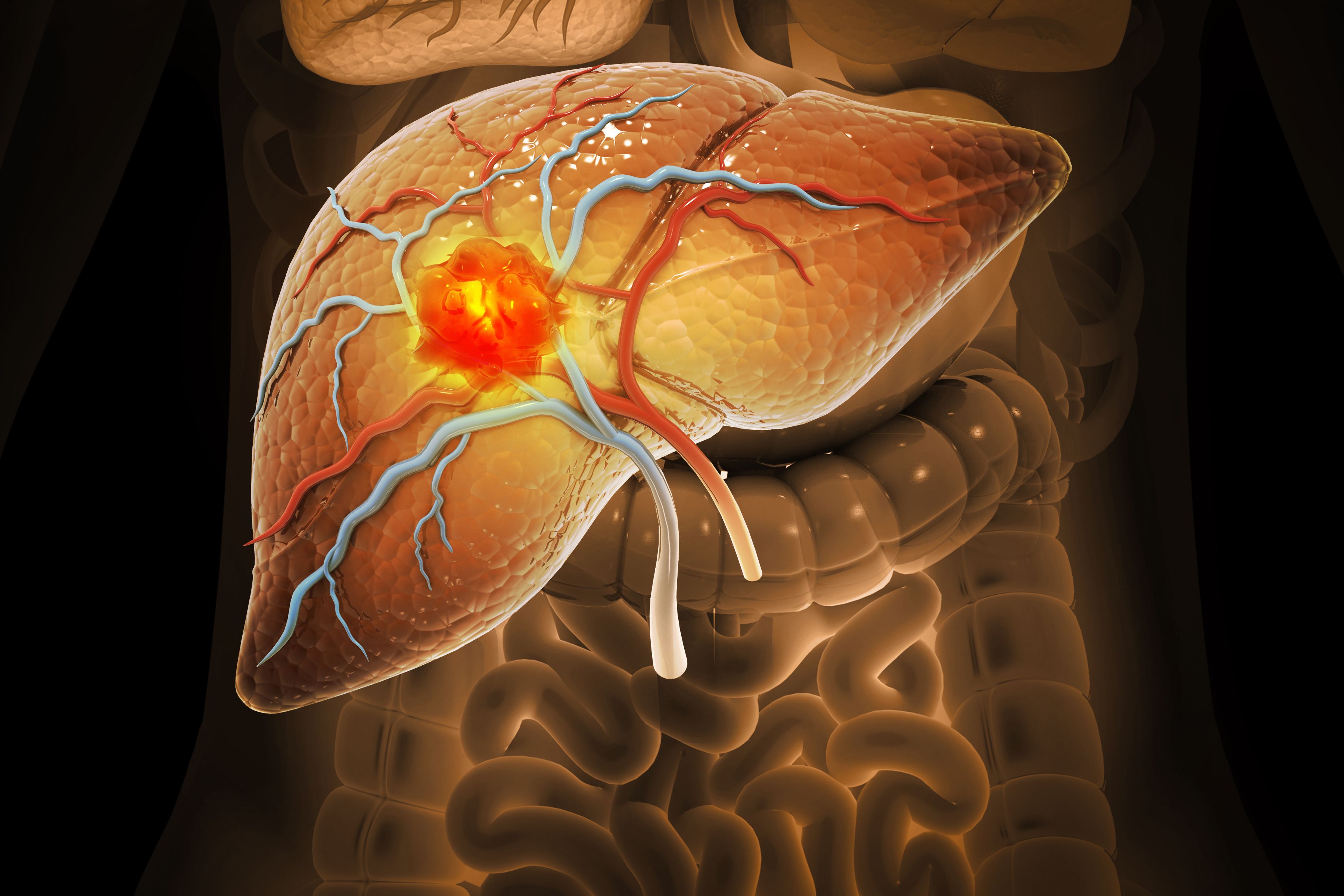Treatment with the combination of fostroxacitabine bralpamide (fostrox) and lenvatinib (Lenvima) demonstrated encouraging early efficacy and tolerable safety in patients with advanced hepatocellular carcinoma (HCC), according to the interim analysis from the phase 1b study (NCT03781934).1
In the population of patients with advanced HCC treated with the investigational combination, their first- or second-line treatment was either ineffective or intolerable.
According to the developer of fostrox, Medivir AB, the interim analysis involved 6 patients who underwent central review. Responses were interpreted by an independent radiologist using modified RECIST criteria. One patient achieved a complete response while receiving fostrox plus lenvatinib, and 2 patients achieved partial responses. The remaining 2 patients had stable disease. Further, no new safety signals were observed in the study.
About the Phase 2 Study
Trial Name: A Phase 1/2a Study in 3 Parts to Evaluate Safety, Tolerability, Pharmacokinetics, and Preliminary Antitumor Activity of MIV-818 in Patients With Liver Cancer Manifestations
ClinicalTrials.gov Identifier: NCT03781934
Sponsor: Medivir AB
Recruitment Contact: +4685468310, Clinical@medivir.co
"We are excited about the interim data from the phase 1b dose-escalation part. HCC patients, for whom current first- or second-line treatment has proven ineffective, is a difficult-to-treat patient group and expectation regarding clinical benefit and tumor shrinkage is low. This is why it is so encouraging to see that overall response is shown in 3 out of 6 patients and even more so that a complete response was recorded in one patient. Considering that the medical need for a new, effective treatment for HCC is large, these are very encouraging data for the future development of fostrox," said Pia Baumann, MD, chief marketing officer at Medivir, in a press release.
The study advanced to the phase 2a portion in February 2023 after the recommended phase 2 dose of fostrox was determined to be 30 mg.2 Patients enrolled in the open-label, multicenter study will receive either the combination of fostrox and lenvatinib or fostrox with pembrolizumab (Keytruda).3
The primary end points to be explored in the study include the incidence and severity of adverse events, the incidence and magnitude of changes in red blood cell count, white blood cell count, platelet count, aspartate aminotransferase, alanine aminotransferase, bilirubin, and vital signs that are clinically significant. Vital signs being evaluated include systolic and diastolic blood pressure, pulse rate, body temperature, and weight. The study’s secondary end points include preliminary efficacy determined by RECIST evaluation and plasma levels of α fetoprotein.
To assess the safety and efficacy of fostrox, 30 patients will be enrolled in the phase 2a portion of the study.2,3 Full results from the phase 1b portion of the study will be presented at an upcoming scientific meeting, according to Medivir AB.1
REFERENCES:
1. Medivir reports promising interim data, including a first complete response in phase 1b/2a HCC study with fostrox in combination with Lenvima. News release. Medivir AB. September 4, 2023. Accessed September 5, 2023. http://tinyurl.com/rw5wezcy
2. Medivir has determined the recommended phase 2 dose for fostrox in combination with Lenvima in HCC. News release. Medivir AB. February 20, 2023. Accessed September 5, 2023. https://prn.to/3SgqZqV
3. A study to evaluate MIV-818 in patients with liver cancer manifestations. ClinicalTrials.gov. Updated November 14, 2022. Accessed. September 5, 2023. https://classic.clinicaltrials.gov/ct2/show/NCT03781934
